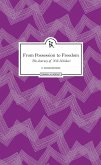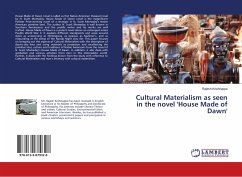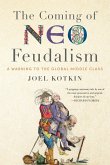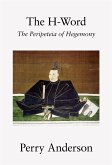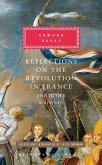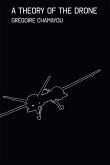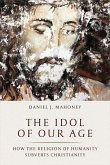Willmoore Kendall's influence on American conservatism began with his role as mentor to William F. Buckley, Jr. at Yale, and it has probably grown in recent years. Both a political philosopher and a political scientist, Kendall (1909-1967) thought deeply about the core ideals of the U.S. Constitution, and of the American political tradition as expressed in documents ranging from colonial-era charters to the Federalist Papers-their origins, their correct interpretation, and how well our system fulfilled them. He also warned of the potential for another civil war if citizens became too divided on fundamental ideals. Kendall posed unconventional questions, such as whether individual rights played a central role in the American tradition. On familiar questions he reached unusual conclusions, such as that Congress should legislate slowly and with minimal controversy, or that conservatives should not take a "storming-from-outside" stance against "big government" but instead provide confident moral leadership. Besides being an incisive thinker, Kendall was an engaging teacher-despite his cantankerous personality-and he deployed a compelling prose style that combines meticulous logic with a colorful plain-spokenness. Today, what might be called a "Kendall school" of thought competes with libertarianism, traditionalism, and neoconservatism among right-leaning scholas and writers. Though often imprecisely represented by followers, Kendall's thinking can be summarized as a combination of three elements: populism, in the sense of a political and moral faith in the American people; counter-majoritarianism, or belief in a more complex political culture than "majority rule" as it is usually understood; and an insistence on the need to maintain a "public orthodoxy" or common political creed by social pressure and, if necessary, by legislation against extreme ideologies such as communism. David Frisk's intellectual biography focuses particularly on those three themes in Kendall's writing and assesses their implications. The result is a perceptive account of the career and contemporary relevance of a brilliant, original scholar of the American constitutional order.


